There was a touch of Championship-level class about Wimbledon’s first win of the […]
“Neil Cox also confirmed that the signing of Harry Forrester concludes AFC Wimbledon’s […]
It’s hardly a secret that football has its own language. It more than […]
We’ve all just about had enough of pre-season by now, so luckily the […]
Neal Ardley will be a Premier League manager. Hopefully he’ll perform the role […]
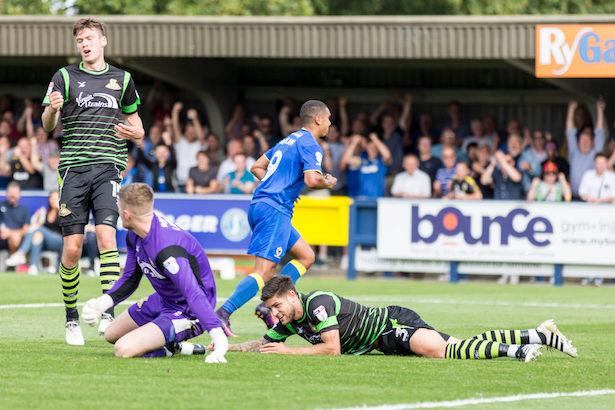

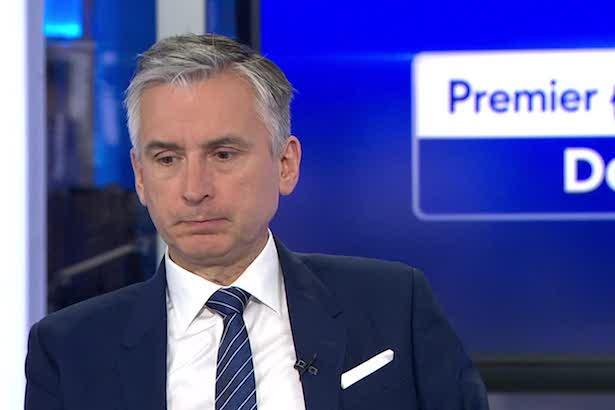
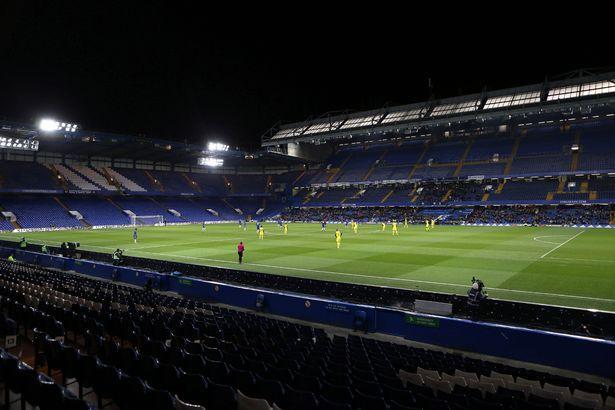
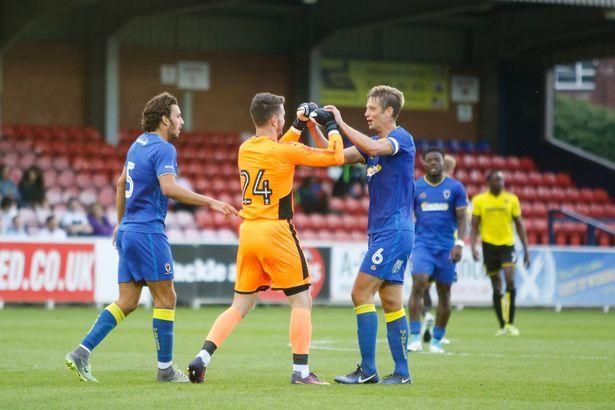
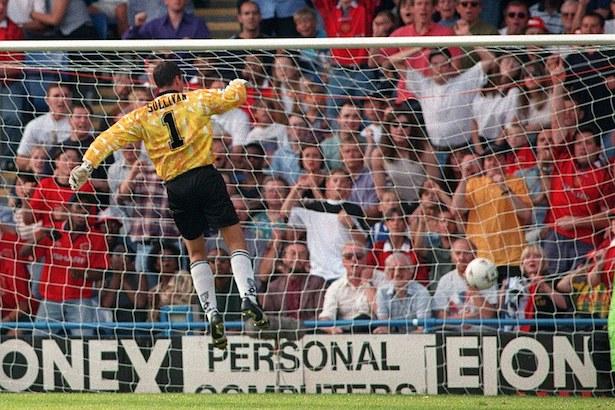
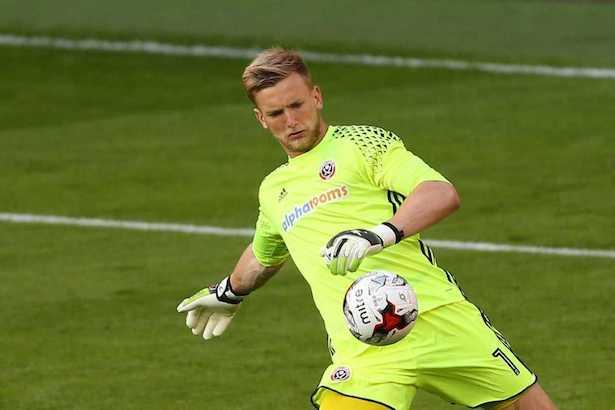
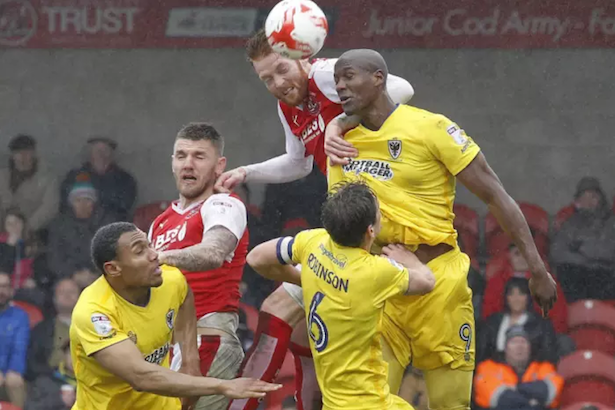
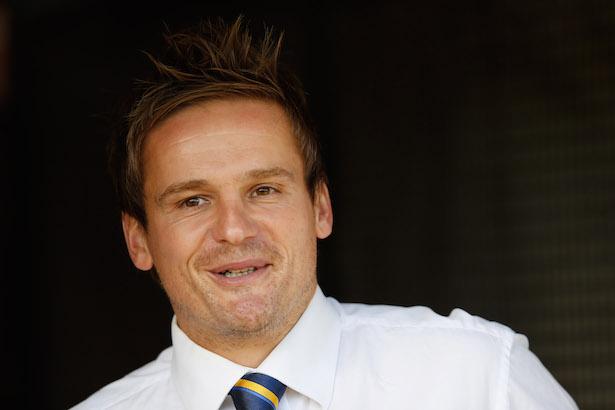
BUSINESS AS USUAL?